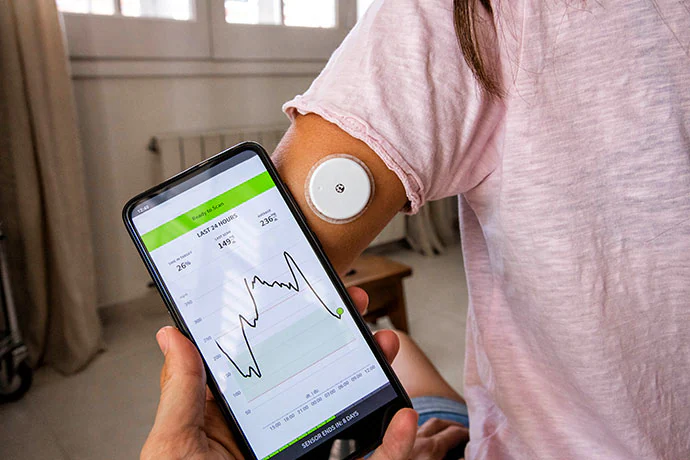As the digital health landscape continues to evolve, new technologies are poised to revolutionize both patient care and medical practice. At the HIMSS23 European Health Conference & Exhibition held in Lisbon, Portugal (7 – 9 June 2023), the focus was on how innovations like AI, robotic tools, digital sensors, and trustworthy medical apps are reshaping daily life in healthcare settings.
Harnessing the Power of AI
Bertalan Meskó, Director of The Medical Futurist Institute, is enthusiastic about the transformative potential of digital health technologies. Meskó highlights two key areas: narrow AI and generative AI. Narrow AI, designed for specialized tasks, and generative AI, capable of producing various forms of content, are both set to enhance the healthcare landscape.
Meskó notes that AI tools like Google’s PaLM2 demonstrate the ability to solve complex medical cases, going beyond basic question-answering. Such advancements could streamline diagnoses, improve patient understanding, and significantly reduce the time spent on repetitive tasks. “There could be Chat GPT-like tools that are specifically trained on medical data,” Meskó suggests, indicating a future where AI might handle more specialized medical functions.
Revolutionizing Diagnostic Tools
Digital sensors and portable diagnostic devices are another exciting frontier. Meskó emphasizes that these technologies could improve doctor-patient relationships by providing real-time health data and facilitating more personalized care. He also points to advancements such as rehabilitation exoskeletons, which are now covered by health insurance in Germany. These robotic suits assist individuals recovering from accidents, demonstrating how high-tech solutions can become accessible to the general public. The COVID-19 pandemic accelerated the adoption of telemedicine across Europe, highlighting its necessity and potential. The public is now more accustomed to using smartphones and smartwatches to monitor their health. Many of these apps incorporate gamification to encourage healthier behaviors through interactive features.
However, with the proliferation of health apps comes the need for rigorous regulation. The Organisation for the Review of Care and Health Apps (ORCHA) plays a crucial role in this regard, assessing and facilitating the distribution of high-quality health apps. ORCHA’s Digital Health Academy educates professionals about these tools, ensuring they can make informed recommendations to patients.
The Patient as the New ‘Point of Care’
Meskó observes a paradigm shift in healthcare: patients are increasingly becoming the “point of care” themselves. With digital technologies enabling patients to monitor their own health, such as blood sugar levels for diabetics, the traditional healthcare model is being redefined. This shift is leading to a more decentralized approach to healthcare, where patients can participate actively in their own care.
Globalized Healthcare and Future Challenges
Digital technologies are creating a more globalized healthcare system. Patients can now engage in advanced treatments or clinical trials across borders, often without direct interaction with their home country’s healthcare system. However, challenges remain, particularly in regulating emerging technologies and ensuring their safe, equitable use.
Building Trust and Educating the Public
Building trust and educating the public about new healthcare technologies is crucial. As digital health tools become more integrated into daily life, effective governance and public awareness are essential to ensure these technologies are safe, accessible, and beneficial for all.




